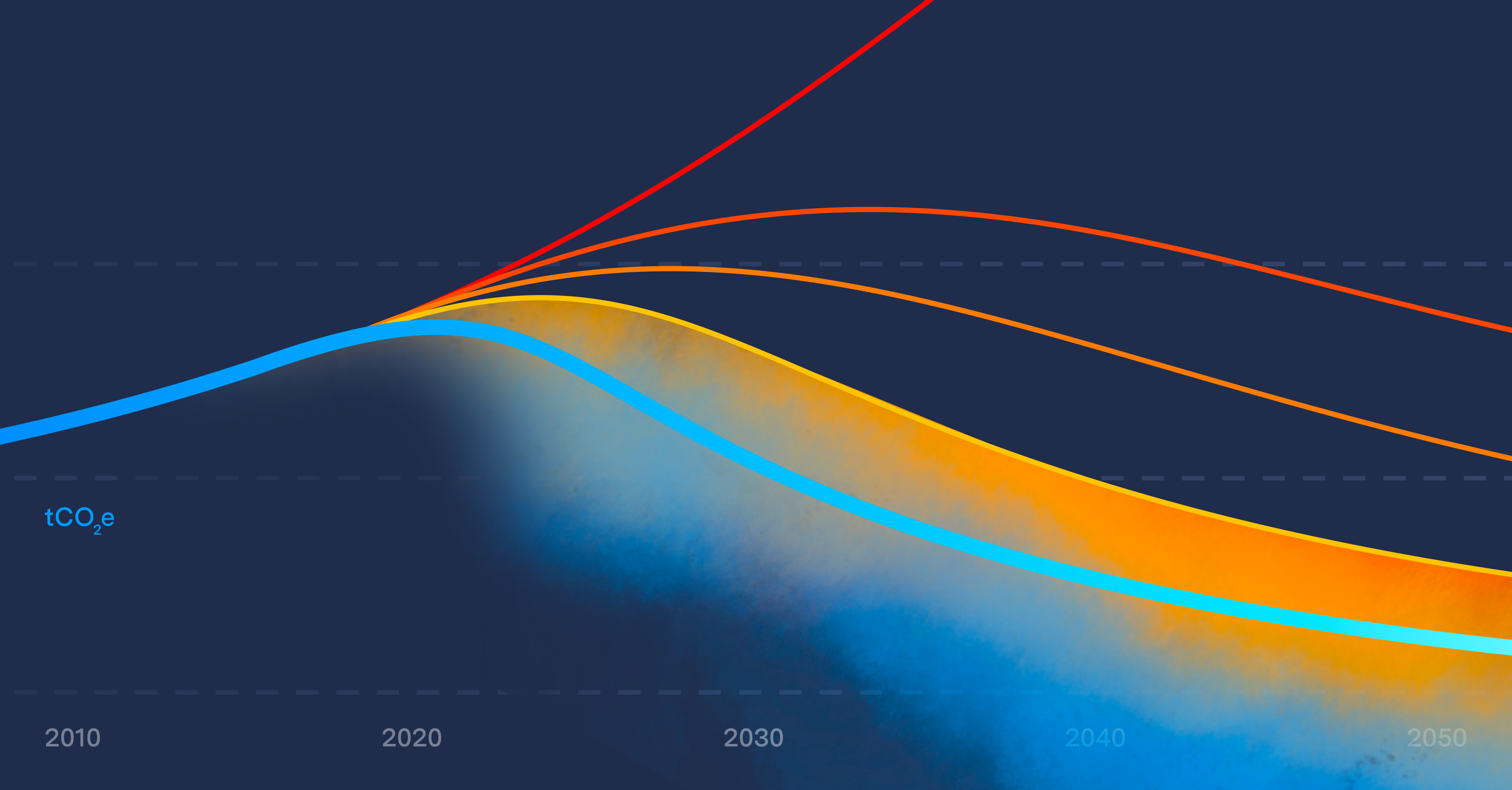Watershed’s new Science Advisory Board brings decades of climate expertise to vetting decarbonization projects for the Watershed Marketplace, advising on Watershed’s industry-leading measurement methodologies, and consulting on emissions reduction strategies.
These new board members join our existing team of climate and policy experts, scientists, investors, and advisors—including Dr. Sangwon Suh, Annette L. Nazareth, Christiana Figueres, Al Gore, and many more—and will be chaired by Dr. Steve Davis, Professor of Earth System Science at UC Irvine.
The Science Advisory Board members include:
William Anderegg
William Anderegg is an Associate Professor in the School of Biological Sciences at the University of Utah, and Inaugural Director of that university’s Wilkes Center for Climate Science and Policy. His research focuses on the intersection of climate change and ecosystems, and especially forests. He is known for his work on massive mortality events of trees in the last decade related to drought, insects, and wildfire, and his recent publications include carbon removal-relevant work on the permanence of forest carbon removals and and the decreasing US forest carbon sink.
Inês Azevedo
Inês Azevedo is an Associate Professor of Energy and Resources Engineering in the Doerr School of Sustainability at Stanford University. Inês’s research combines methods of engineering and public policy to assess and project the environmental and social impacts of energy systems. She was a lead author of the IPCC AR6 and will lead a recently announced Department of Energy hub focused on the future of the electricity system including decarbonization, equity, affordability and resiliency to the impacts of climate change.
Joseph Fargione
Joseph Fargione is a science director at a major environmental NGO. Joe’s research has focused on the intersection of GHG emissions and land use, including interactions among food, energy, and conservation. He was a key contributor to several high-profile and highly cited analyses of the climate impacts of corn ethanol in the early 2000s, and more recently has led important assessments of the potential for nature-based carbon removal in the US and globally.
Emily Grubert
Emily Grubert is an Associate Professor of Sustainable Energy Policy the University of Notre Dame. Emily’s research blends social science and engineering methods to advance justice-centering decarbonization, especially related to decision-making about energy and other large infrastructure systems. She also recently served as Deputy Assistant Secretary for Carbon Management at the US Department of Energy.
Matthew Long
Matthew Long is a co-founder and Executive Director at [C]Worthy, a scientist at the National Center for Atmospheric Research, and an Adjunct Scientist/Oceanographer at the Woods Hole Oceanographic Institution. He is an oceanographer and expert in dynamic modeling of oceans and has contributed to the development of a primary US climate model, CESM. He is well-known in the earth system and ocean modeling communities, and is leading a team at [C]Worthy to develop methods to evaluate the effectiveness of ocean CDR deployments including seaweed farming and ocean alkalinity enhancement.
Destenie Nock
Destenie Nock is an Assistant Professor of Engineering and Public Policy at Carnegie Mellon University, as well as an expert in energy justice. She uses energy system models, data science, and optimization methods to inform energy policy, with a special focus on energy justice and energy poverty. In the past few years, she has led numerous path-breaking analyses highlighting opportunities for a more just and equitable energy transition in the US and elsewhere. In addition to her role at Carnegie Mellon, she is the CSO of DevvStream and the CEO of Peoples Energy Analytics.
Adam Pellegrini
Adam Pellegrini is a group leader for the Ecosystem and Carbon Science group at the Department of Plant Sciences, University of Cambridge. His expertise is the role of wildfire on forest ecology and carbon sequestration in landscapes. In addition to important fundamental work on how forests recover after wildfires, he’s recently published work on optimizing land management and MRV for carbon sequestration in grasslands.
Anna Trugman
Anna Trugman is an Associate Professor in the Department of Geography at the University of California, Santa Barbara. Her research combines forest ecology and Earth system modeling. She is known for her work on forest climate-carbon dynamics, having authored several seminal papers projecting the evolution of the US forest carbon sink and especially considering tree mortality during droughts. She has also contributed to analyses of carbon crediting norms and the broader potential for nature-based climate solutions.
Dominic Woolf
Dominic Woolf is a Senior Research Associate in the Soil and Crop Sciences Section of the School of Integrative Plant Science at Cornell University. Dominic’s research and expertise spans topics of soil carbon sequestration, climate-smart agriculture, reforestation, restoration of degraded land, agroforestry, soil and water conservation, and reforestation with non-timber forest products. Among his other noteworthy accomplishments, he has led several pioneering analyses of the potential benefits of biochar in agricultural systems.












